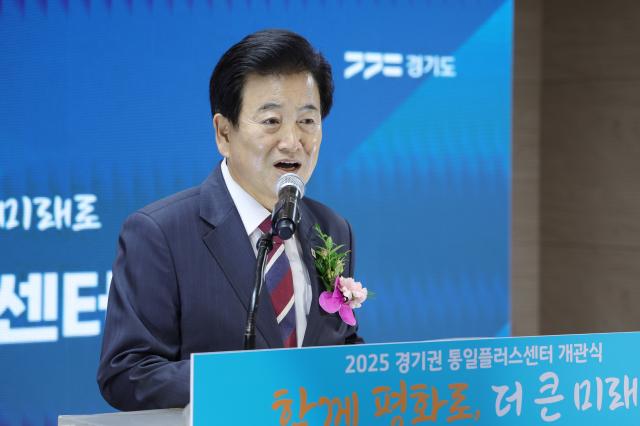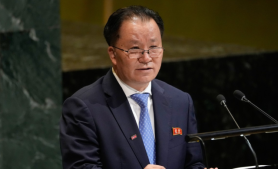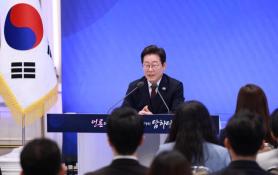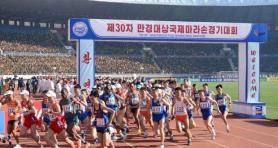
SEOUL, September 16 (AJP) - South Korea's Unification Minister Chung Dong-young said the government is studying the possibility of changing the widely used Korean term "Talbukmin" (탈북민, translated as defector) to refer to North Korean arrivals, reflecting a shift in perceptions as more North Korean-born residents take active roles in society.
According to the Ministry of Unification on Tuesday, Chung's remarks were made during his opening speech session of the Gyeonggi-region Unification Plus Center on Monday. The minister noted that the word Talbukmin carries a negative connotation. "The word that North Korean arrivals dislike the most is 'Tal' (탈, translated roughly as 'to exit'), and the words Tal and Talbuk (탈북, to exit from the North) sound very unpleasant. That is why the ministry has commissioned research to find an alternative name. Right now, 'Bukhyangmin' seems to be the most supported option." The term "Bukhyangmin" translates roughly as "people whose hometown is in the North."
The ministry signed a research contract last month with the Association for North Korean Studies to study alternatives and will publish the results in November. The research will consider whether to formally revise the legal term Talbukmin as defined in South Korea's settlement law or to promote a softer everyday expression instead.
The debate comes against the backdrop of how North Korean-born residents have become far more visible and integrated in South Korean society. Twenty years ago, defectors were often regarded with curiosity, and even ten years ago, they were seen as exceptions. Today, they are present across multiple fields, from YouTube influencers and business leaders to public servants and politicians.
One of the most prominent is Thae Yong-ho, a former North Korean diplomat who defected in 2016 and later became a South Korean lawmaker. Thae, who had served as North Korea's deputy ambassador to the United Kingdom, won a parliamentary seat in 2020 as a member of the conservative People Power Party. His career underscored how those once described only as defectors are now shaping South Korea's own political discourse..
The trend is supported by data. According to the Unification Ministry, more than 33,000 North Korean defectors have resettled in South Korea since the 1990s. Women account for about 72 percent of new arrivals. Annual entries peaked in the mid-2000s at over 2,000, but the numbers nosedived after 2012 and fell even more sharply during the COVID-19 pandemic, when border closures between North Korea and China nearly halted defections. Only 229 people entered in 2020, dropping to 63 in 2021 and 67 in 2022. Although arrivals remain at record lows, the community as a whole has grown large enough to push for shifts in terminology and perception.
Public sentiment also points in that direction. A 2023 Korea Institute for National Unification survey found that 58.9 percent of defectors themselves supported changing the legal terminology. Past attempts at alternatives, such as the term "saeteomin" (new settlers), failed to gain traction in daily usage, but the debate over names continues as part of broader efforts to promote social inclusion.
Copyright ⓒ Aju Press All rights reserved.




